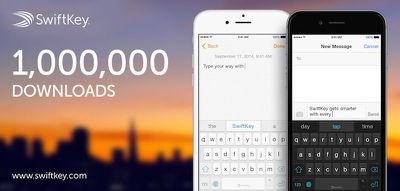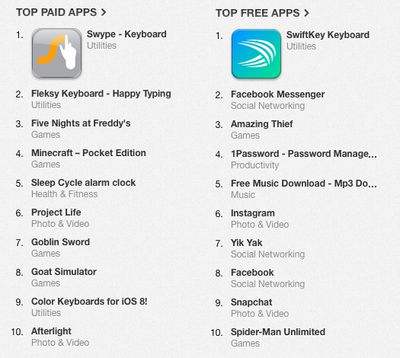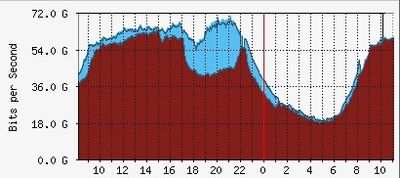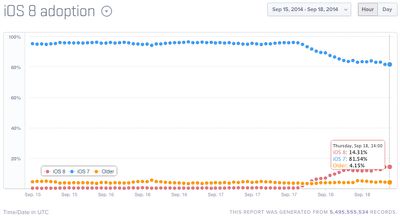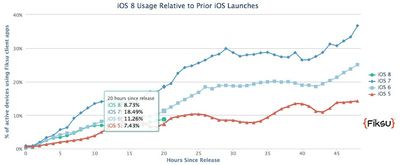The iPhone 6 and 6 Plus were subjected to their first drop test yesterday after the two devices went on sale in Australia. While the 6 and 6 Plus fared well when dropped on their backs, the screens did see significant shattering when dropped face down on the concrete.
A second drop test conducted today saw somewhat different results. Android Authority dropped the iPhone 6 and the iPhone 6 Plus in several different ways, including face down, and the two devices saw little damage aside from scuffs. Even when dropped on their faces with a decent amount of force from waist high, the screens remained intact.
A similar result was seen after a genuine accidental drop. The first person to receive an iPhone 6 in Australia opened up the package on camera and immediately dropped the phone on the hard ground, where it miraculously came away unscathed.
It's impossible to determine the overall durability of the screen in the iPhone 6 and 6 Plus based on a limited number of drop tests that were conducted under different conditions, but this additional data does serve to reassure users that the devices do have the potential to survive a fall.
Still, given the increased size of the iPhone 6 and the iPhone 6 Plus, it may be advisable for users to purchase a case. In fact, several reviews of the iPhone 6 and 6 Plus conducted by tech sites suggested the devices "need" a case, and described them as slippery. The Verge, for example, said the iPhone 6 Plus "works better in a case" because it makes the phone easier to hold, hides the camera bump, and covers "the weird lines on the back."
Apple's iPhone 6 and 6 Plus went on sale today, and the devices are now in the hands of millions of customers around the world as customers pick up phones from the Apple Store and receive their pre-orders. New orders for the devices from the Apple Store will ship in 7 to 10 days for the iPhone 6 and 3 to 4 weeks for the iPhone 6 Plus.



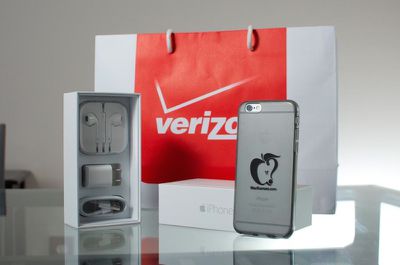
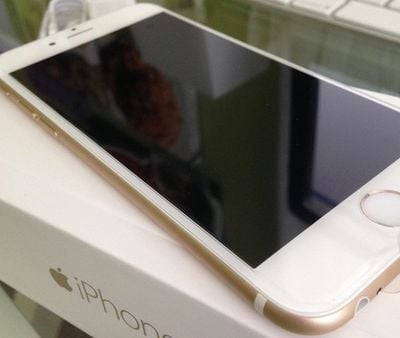
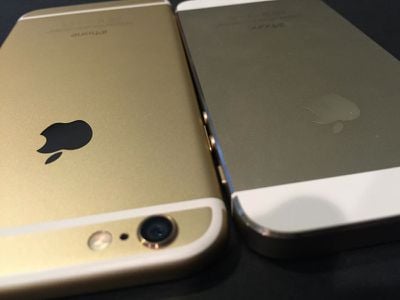

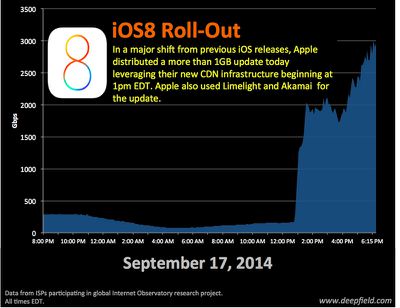
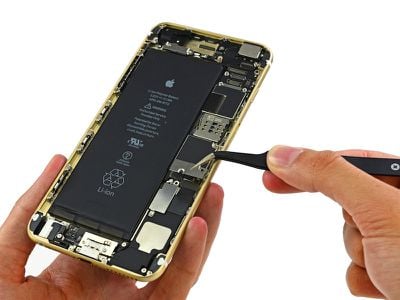
 Cerner and Athenahealth, two of the leading electronic health record providers in the United States, will be developing apps that work with Apple's Health app,
Cerner and Athenahealth, two of the leading electronic health record providers in the United States, will be developing apps that work with Apple's Health app, 







